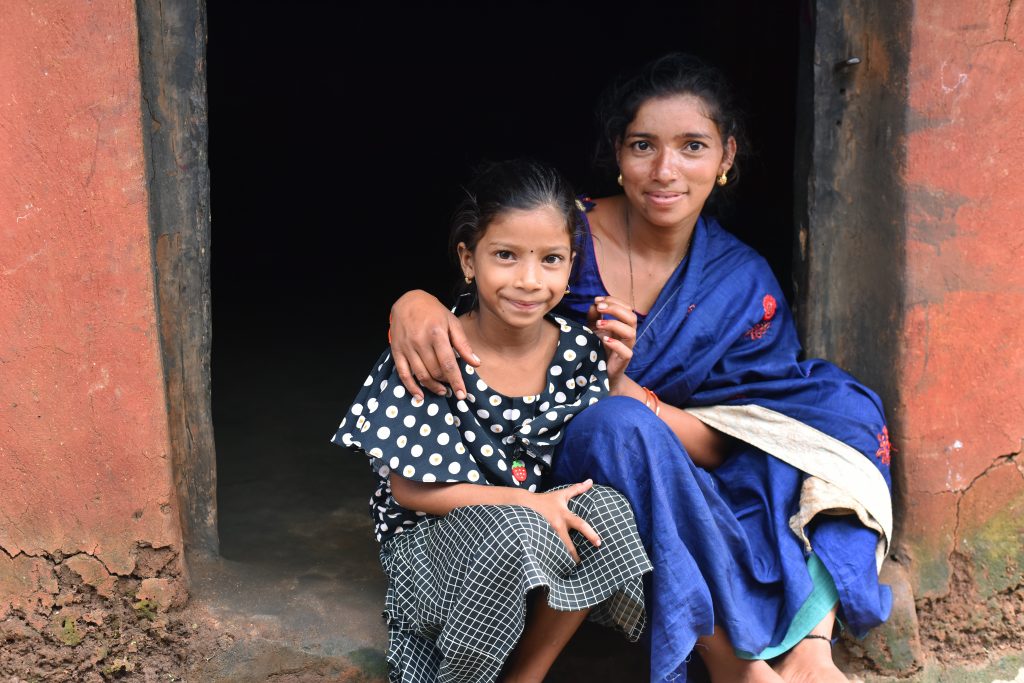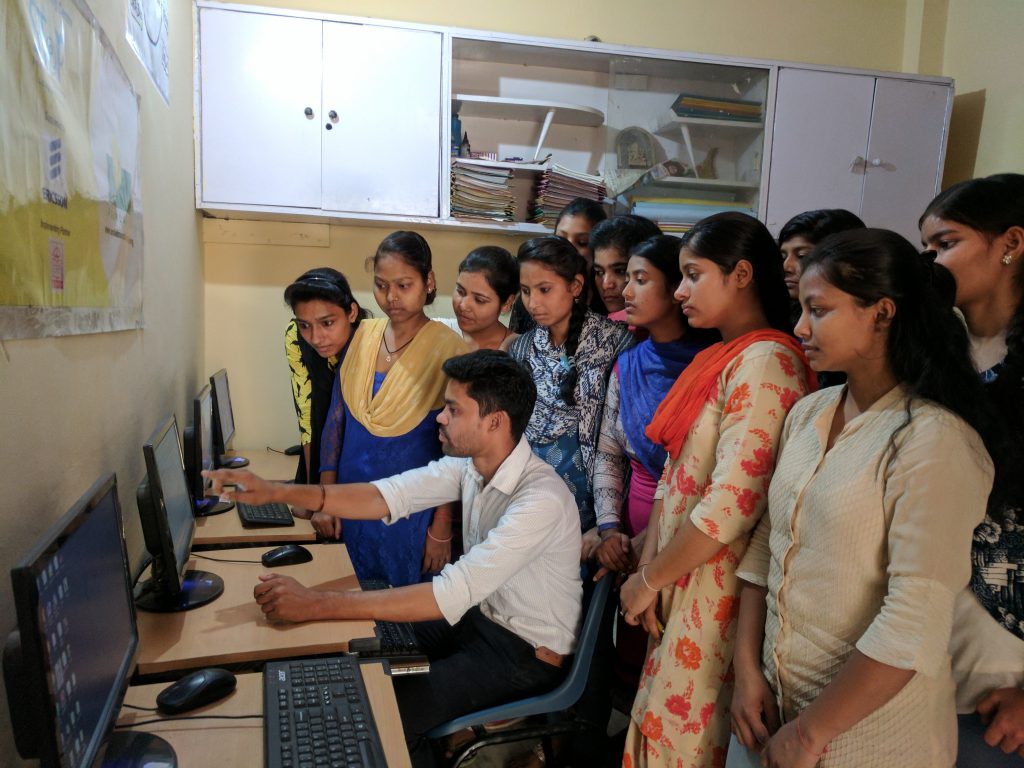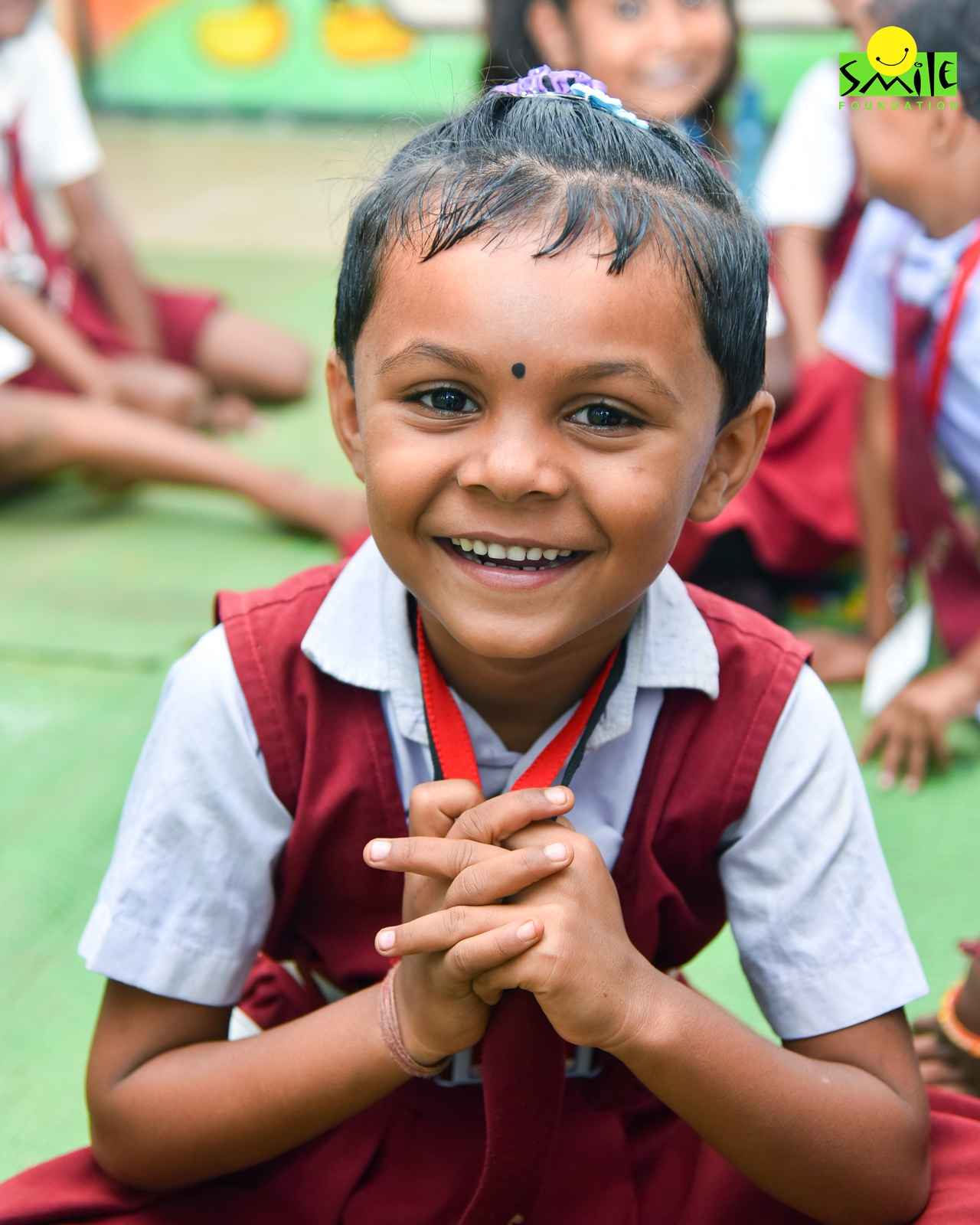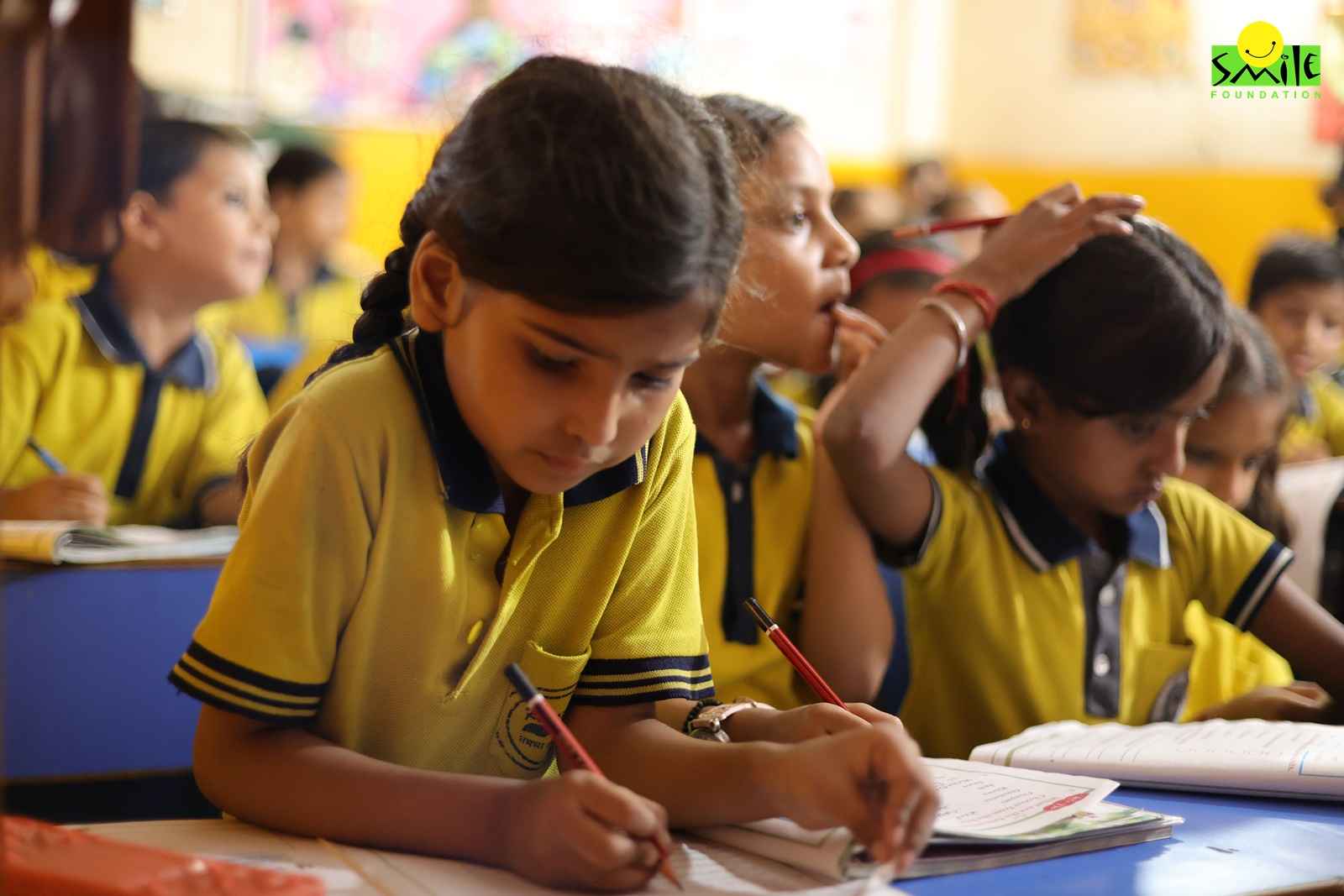Every child is special and unique.
A wrongly used strategy for evaluating your students’ development is comparison. Assessing whether your child’s academic achievements are “normal”, better, or great by comparing their grades with other students is a futile act.
Then, in an effort to inspire our own child, we turn to cite the success of other kids. For instance, “Look, Vinita’s son got 90%” or “Your neighbour Vikram won the signing contest.” “Learn from other children. Stop lingering around the area and enrol in some lessons.”
Although you don’t mean to demotivate your child, some verbal comments unintentionally cause more harm than good. It might be difficult to resist the impulse to compare your child to others, even though doing so is pointless and stressful for both you and your child.
Effects of Comparing Your Child To Others
A child’s progress must be with his/her past performances and not with peers.
Comparisons can have a detrimental impact on a child’s development and progress. Parents are also impacted by this in some manner in addition to the child. It makes parents question if they are being a good parent or providing enough for their children.
- Lack of confidence results in forceful parenting
- The youngster experiences a decline in self-esteem brought on by self-doubt
- The bond between parents and children could be ruined
- The child grows in an unfavourable environment stunting their development
Important Things to Remember about Child Development
When major tensions threaten their family and caregiving situations, even newborns and young children are negatively impacted.
Unfavourable prenatal and early childhood events can alter the brain’s structure and chemistry in ways that can last a lifetime. Severe neglect poses an even massive harm to growth and health than physical assault
Young children who underwent extended periods of neglect display more severe cognitive impairments, concentration issues, language deficits, scholastic challenges, withdrawn conduct, and issues with peer interaction as they become older in comparison to kids who were the victims of overt physical abuse. This implies that receiving less attention in early relationships may be more harmful to the developing brain’s architecture than physical damage.
Life consequences are not only decided by genes; development is a highly involved process
Before and shortly after birth, a person encounters significant events that chemically alter some genes, determining how much and when they are expressed. As a result, while environmental circumstances have the power to change family inheritance, genetic factors have a strong impact on human development. For instance, infants are born with the ability to acquire impulse control, attentional concentration, and memory retention, but their early experiences create the groundwork for how effectively these and other executive function abilities develop.
Different Stages in Child Development
There are 5 stages in child development– newborn, infant, toddler, preschool and school age.
School age is when the comparison with others tends to happen. Constructive comparison is good but it should not surpass beyond a certain limit. Comparison should only be made with peers for the child to receive proper feedback instead of negative criticism.
Stop Comparing your Child to Others
Remind yourself that there is a better choice than comparison
Occasionally, parents adopt the erroneous belief that pressuring their children to continuously measure up to others will somehow boost their motivation and potential. This is blatantly false. Please remember that communicating things related to a child’s performance should be done emphatically and responsibly. Comparing your child to others never helps!
Inform yourself that the comparison is inaccurate
Firstly, understand that a child’s growth is influenced by a variety of things, including their physical and mental capabilities as well as the environment in which they learn. Speak to your child and attempt to make it simpler if they are having trouble understanding lessons or learning things.
Build Trust
Sorry to put this in strong terms but you are a lousy parent if your own kids don’t trust you. You are also a lousy parent if you draw comparisons all the time. Combining the two, if you give your child the impression that they are a burden on you, they will lose faith in you, and that is detrimental to their overall growth.
It could make you less advantageous
Nobody enjoys continually being judged by others, and when your own parents are being so critical, it’s much more painful and embarrassing. It’s critical that you comprehend how constantly comparing your child to others can lead them to believe they are inadequate, damaging their self-esteem and is something you definitely don’t want. They could even begin to dislike you.
A Food For Thought
As working professionals, mostly masking it up as fully-grown and responsible adults, we perform better when our shortcomings are pointed out without any blithe comparisons with others. Would it be a lie if we say that we don’t like to be compared and pitched incessantly against our peers?
Think about the young ones who are still figuring out their lives. It is more rational to focus on a child’s individual needs rather than pointing fingers at them when they perform poorly. Nurturing a child involves being thoughtful, kind and understanding of their situations.
Hand Holding them in their hours of challenges and letting them go when they find a path of their own defines being a good parent. You would want your child to come back to you for help, right? Hearing them out and treating their every fear as valid would make you their safe space. In no time, you would become their most reliable and favourite human. That would be a win for all– your child and you!
Smile Foundation
Smile Foundation is actively involved in educating the urban village and rural communities of India about the negative effects of comparing your child to others. Click here to learn how you can be involved in supporting the children in need.










One reply on “Why is comparing your child to others is futile?”
Dont compare your child with anyone and be there for them in all circumstances. A smile even when it’s not gohung is the BEST MOTIVATION! Holding hands a hug a kiss is so ENCOURAGING!